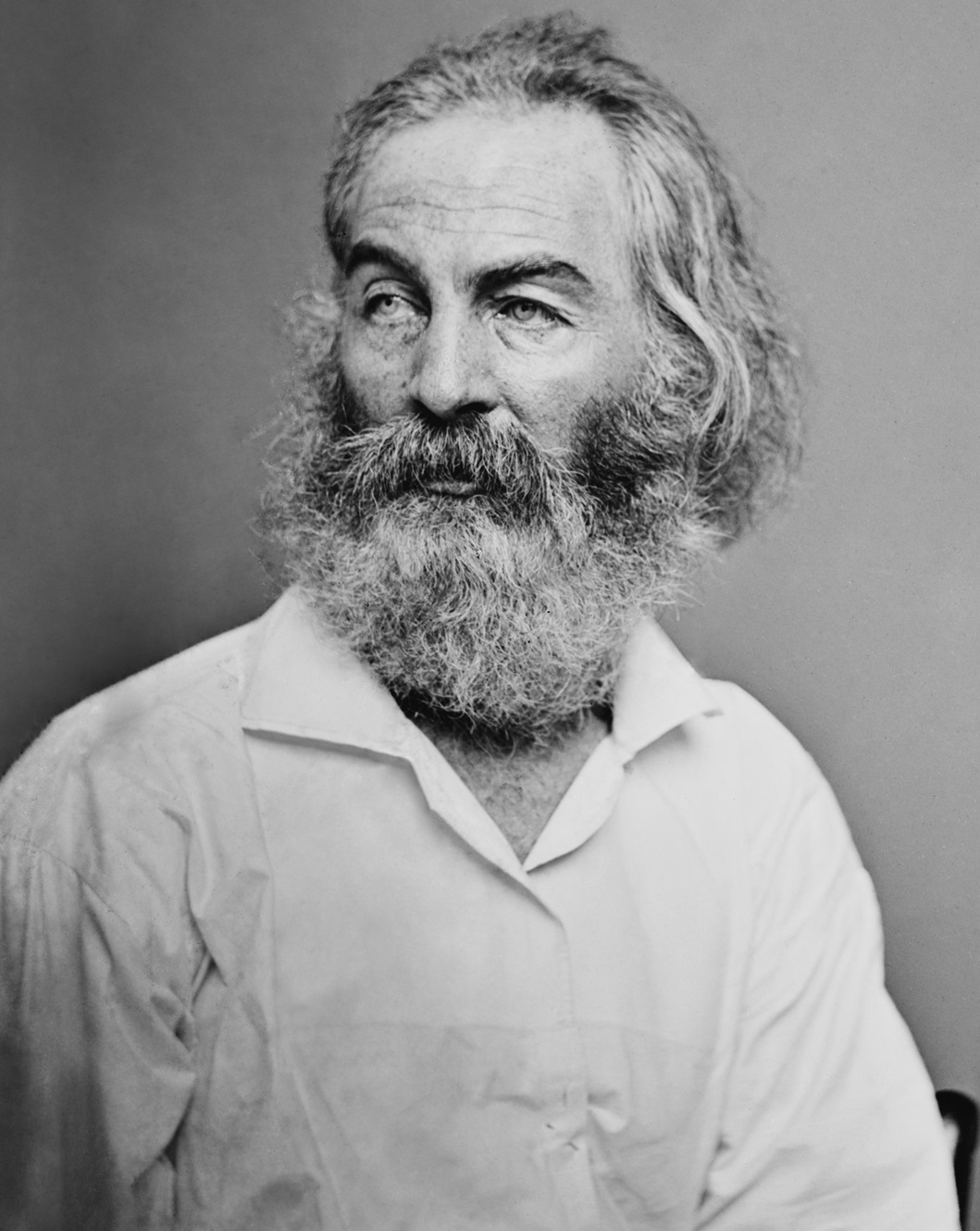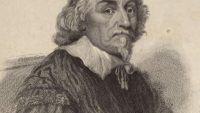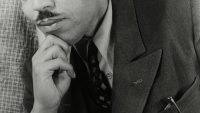Walt Whitman (1819–1892) was an American poet, essayist, and journalist, best known for his groundbreaking work in American literature. Born in West Hills, Long Island, Whitman grew up in a working-class family. His early education was limited, but he developed a deep love for literature and voraciously read classical works, the Bible, and various other texts. Whitman’s career began in journalism, and he worked as an editor for various newspapers before turning his focus to poetry.
Whitman’s magnum opus is the collection of poems titled “Leaves of Grass,” which he self-published in 1855 and continued to expand and revise throughout his life. This collection is considered a cornerstone of American literature and a departure from traditional poetic forms. In “Leaves of Grass,” Whitman celebrated the diversity and vitality of the American experience, portraying the interconnectedness of all individuals and embracing the democratic spirit of the nation. His poems often explored themes of nature, the human body, sexuality, and the expansive American landscape.
Walt Whitman is often regarded as one of the most influential figures in American poetry. His free verse style and unconventional themes paved the way for later generations of poets and writers. Whitman’s impact extended beyond literature, influencing various artistic movements and serving as a poetic voice for the democratic ideals of the United States. His works continue to resonate, capturing the essence of the American spirit and the universal human experience.

Do you want to know more about Walt Whitman? Let’s take a look at these 10 interesting facts about Walt Whitman to know more about him.
- “Leaves of Grass”: Walt Whitman’s most renowned work, “Leaves of Grass,” was first self-published in 1855. Over the years, Whitman expanded and revised the collection, which eventually comprised nearly 400 poems. It is considered a seminal work in American literature.
- Innovative Free Verse: Whitman is often hailed as a pioneer of free verse, breaking away from traditional rhyme and meter. His distinctive style focused on the rhythms of everyday speech, contributing to a more natural and conversational tone in poetry.
- Civil War Nurse: During the American Civil War, Whitman volunteered as a nurse in military hospitals. His experiences influenced some of his later works, capturing the trauma and human suffering he witnessed during this tumultuous period in American history.
- Influence of Transcendentalism: Whitman was influenced by transcendentalist ideas, particularly those of Ralph Waldo Emerson. He embraced concepts such as individualism, the divinity of nature, and the inherent goodness of people, which are evident in his poetry.
- “O Captain! My Captain!”: One of Whitman’s most famous poems, “O Captain! My Captain!” was written as an elegy for President Abraham Lincoln after his assassination. The poem reflects both grief for the loss of a leader and the broader tragedy of the Civil War.
- Self-Published Debut: Whitman took the unconventional step of self-publishing the first edition of “Leaves of Grass.” The collection, which initially included just twelve poems, was not immediately embraced by critics but gained recognition over time.
- Controversial Themes: Whitman’s poetry often delved into controversial themes of his time, including sexuality and the human body. His frank and open exploration of these topics was groundbreaking and challenged societal norms.
- Global Influence: Whitman’s impact extended beyond the United States, influencing poets and writers around the world. His work resonated with artists in Europe, and he is often regarded as a precursor to the modernist movement in literature.
- Work as a Journalist: Before gaining widespread recognition as a poet, Whitman worked as a journalist and editor for various newspapers. He was also involved in political writing, expressing his views on social issues such as slavery and equality.
- Personal Life and Relationships: While Whitman was private about his personal life, his poetry has led scholars to speculate about his sexuality. He is believed to have had intimate relationships with both men and women, and his poems often explore themes of love and desire without conforming to societal norms of the time.
Walt Whitman, an indomitable force in American literature, etched his name into the annals of poetic history with his groundbreaking work, “Leaves of Grass.” A trailblazer of free verse and a champion of individualism, Whitman’s poetic voice resonated with the democratic spirit of a nation in flux. His exploration of controversial themes, including human sexuality and the profound connection between nature and the individual, challenged societal norms and laid the foundation for a more liberated expression in literature.
As a Civil War nurse, journalist, and visionary poet, Whitman’s legacy reaches far beyond the confines of his time, influencing generations of writers and thinkers. His profound impact on the world of poetry, coupled with his unyielding celebration of the human experience, ensures that Walt Whitman remains an enduring and influential figure in the tapestry of American letters.



